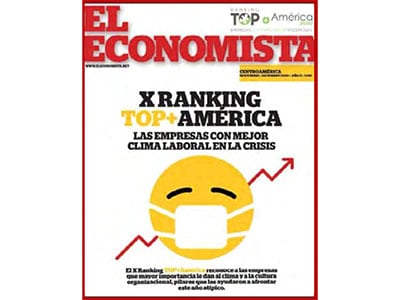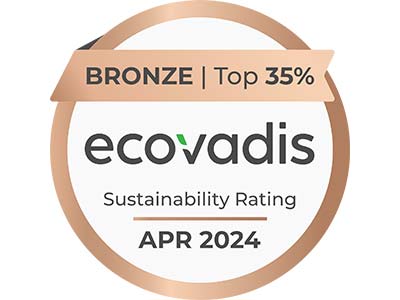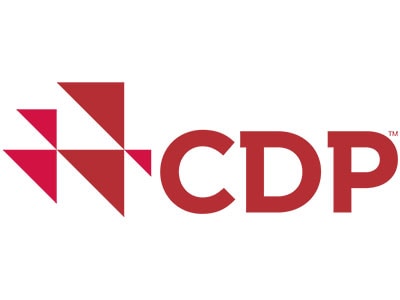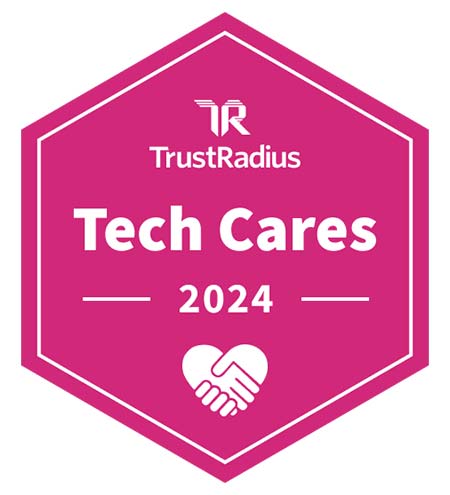Sustainability at Avaya
At Avaya, we are committed to sustainability in our operations and global communities. We strive for excellence in Environmental, Social, and Governance (ESG).
Our corporate values–Innovation, Optimism, and Trust–combined with our mission of helping organizations create unmatched customer and employee experiences that drive business momentum underpin our commitment to the environment and social responsibility. Our commitment to environmental, social and governance (ESG) matters is embedded in our company culture and operating rhythm.

Environmental sustainability
Avaya remains committed to environmental sustainability, doing our part to combat climate change, identifying opportunities to reduce the environmental impact of our activities, solutions and services and facilitating the return and end-of-life management of electrical and electronic equipment, batteries, and packaging.

Investing in our people
“At Avaya, we take the phrase ‘people first’ very seriously. We share a mindset here to create an environment where we feel valued, productive, and have the opportunity to learn and grow. As a team, we’re all about thriving, both inside and outside the workplace.”
—John Hoffman, Chief People Officer
Building and maintaining a responsible supply chain

Supply chain expectations
Avaya has adopted the Responsible Business Alliance (RBA) (formerly Electronics Industry Citizenship Coalition) Code of Conduct as our code of conduct for all suppliers. Avaya expects its suppliers to operate under the RBA Code of Conduct, which establishes standards to ensure that working conditions in global supply chains are safe, that workers are treated with respect and dignity, and that business operations are environmentally responsible and conducted ethically.

Supplier diversity program
Avaya’s Supplier Diversity Program is designed to achieve our objective of increasing diverse strategic supplier alliances that reflect the diversity of our associates and our customers.

Ethically sourced materials
We are committed to upholding and respecting human rights for all people, including those who work in the earliest parts of our supply chain. Our goal is to work collaboratively with suppliers to source minerals consistent with our values around human rights, business ethics, labor, health and safety practices, and environmental responsibility.

Human rights
Avaya pledges to protect human rights, including the rights of women and minority groups. We maintain and continuously enhance our programs and policies to identify risks and prevent the use of child and forced labor, modern slavery, and human trafficking in our business operations and supply chain.
Giving back to our communities
Communities—local and global—represent one of our core stakeholders, and we make concerted efforts to give back to the communities where we operate and where we have the greatest impact. We recognize that providing local support through volunteering and community programs, along with charitable giving efforts, are essential to being an active member of a community.

Achieving consistent, measurable quality
At Avaya, we adhere to our ISO 9001-certified Quality Management System to define, develop, and deliver best-in-class solutions for our customers and partners. We focus on innovation and excellence to build market-leading products and consulting and support services.
Reporting center
Every year we publish reports disclosing our environmental, social, and governance performance, our community engagement projects, our conflict minerals due diligence, and our response to the CDP (formerly Carbon Disclosure Project). Take a look at our reports by year.
2025
2024
2023
2022
2021
Policies and position statements
Avaya’s policies reflect a specific statement of principles and or guiding actions that express our clear commitment on an issue. Policies are established to respond to legal or regulatory guidelines; resolve a conflict or problem; recognize legitimate interests; and/or prepare, inform and guide internal and external stakeholders. Our position statements articulate our stance on a specific issue and may become policy, as appropriate.






